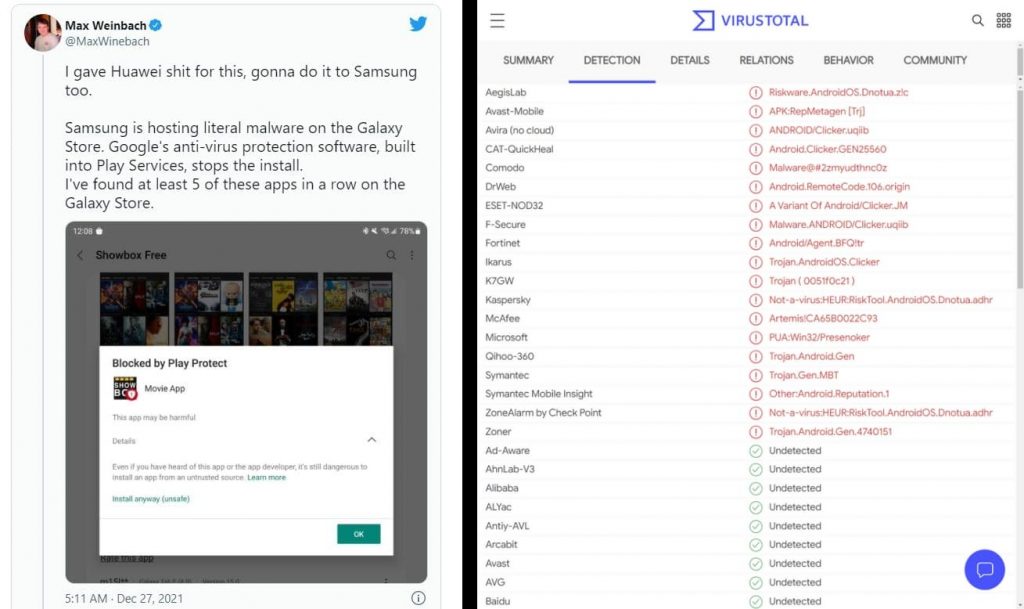Fake apps are spreading a new Android trojan called Octo Banking
Fake apps are a pain in the keister. Sadly, fake apps are one of the primary tools hackers use to gain access to millions of mobile devices across the globe. They have gotten good at creating fake apps that draw users in with eye candy and time waster promises. Fake apps exist on both Android and iOS, so everyone is a target.
Estimated reading time: 2 minutes
This time though, Android users are the target as several fake apps that have been installed more than 50,000 times are targeting banks and financial institutions. This latest Android trojan is known as Octo Banking. Like many trojans, Octo Banking is phishing for your data and hopes you’ll fall for their methods to click on links that will eventually find your data.
The rental banking trojan, dubbed Octo, is said to be a rebrand of another Android malware called ExobotCompact, which, in turn, is a “lite” replacement for its Exobot predecessor, Dutch mobile security firm ThreatFabric said in a report shared with The Hacker News.
Exobot is also likely said to have paved the way for a separate descendant called Coper, that was initially discovered targeting Colombian users around July 2021, with newer infections targeting Android users in different European Countries.
“Coper malware apps are modular in design and include a multi-stage infection method and many defensive tactics to survive removal attempts,” Cybersecurity company Cyble noted in an analysis of the malware last month.
Like other Android banking trojans, the rogue apps are nothing more than droppers, whose primary function is to deploy the malicious payload embedded within them.
The Hacker News has an excellent write-up that will provide you with much more information, so check them out for the full story.
What do you think of fake apps being used to plant the Android trojan Octo Banking? Please share your thoughts on any of the social media pages listed below. You can also comment on our MeWe page by joining the MeWe social network.
Last Updated on April 10, 2022.





